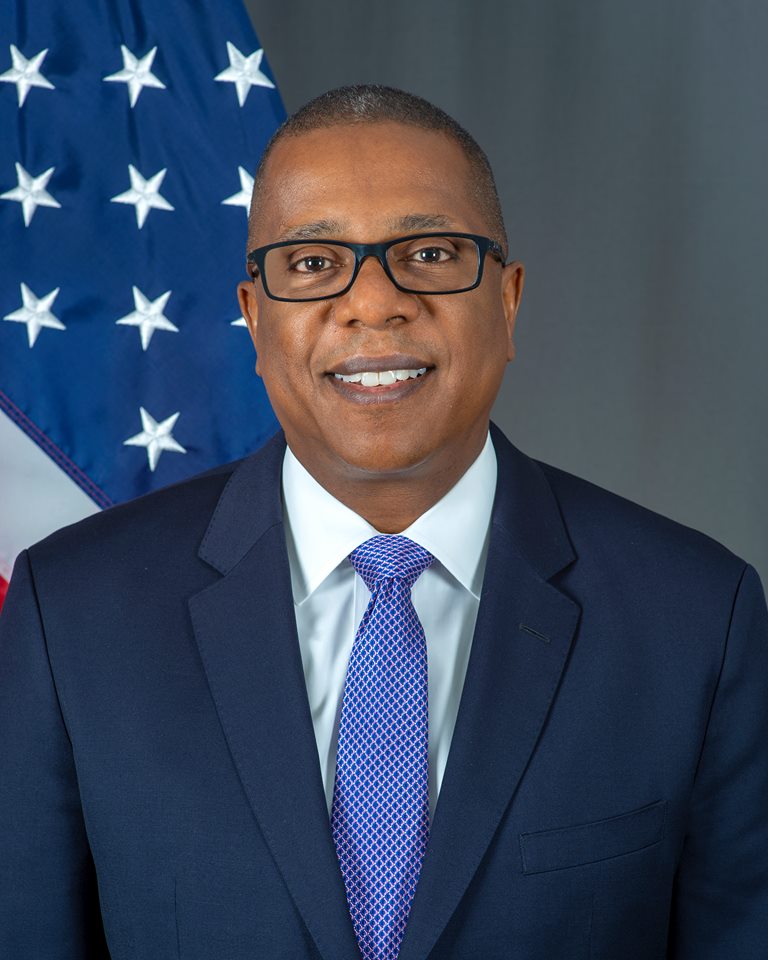GUATEMALA CITY, (Reuters) – The U.S. could apply sector-based sanctions against Guatemala if democratic processes there are not respected, a top U.S. official said, stepping up warnings over a dispute centering on the country’s recent presidential election.
The U.S. is among a number of countries that have blamed the current Guatemalan authorities for trying to block the accession of president-elect Bernardo Arevalo, a controversy that has sparked nationwide protests.
In a radio interview late Tuesday during a visit to Central America, U.S. Assistant Secretary of State for Western Hemisphere Affairs Brian Nichols said Washington could launch targeted sanctions and also work with the United Nations or the Organization of American States to “support the democratic process.”
“You can see what tools we have used see in other countries when there’s a rupture in the democratic order,” Nichols told Emisoras Unidas radio, without saying which sectors he was referring to.
Arevalo, a center-left politician and son of a former president, in August won a landslide victory running on an anti-corruption platform. He is due to take office on Jan. 14.
Outgoing President Alejandro Giammattei has said he has information suggesting foreign governments are financing widespread protests that have disrupted the country.
Nichols dismissed the notion the U.S. was financially backing the protests as “ridiculous and insulting.”
During his visit to Guatemala this week, Nichols said Giammattei did not meet with him on the grounds it was “not convenient”, and instead sent his foreign minister to hold talks with the U.S. official. Nichols also met with local business, civil society and Indigenous leaders.
Protests began peacefully in Guatemala, with participants staging dances and yoga classes at road blockades. But they later turned violent. One person was killed in clashes with armed groups last week, and many blockades have since been lifted.
Demands have centered around the resignation of Guatemala’s attorney general, whose office alleged Arevalo’s Semilla Party faked signatures to register party members and has intensified investigations. Semilla has denied the accusations.










